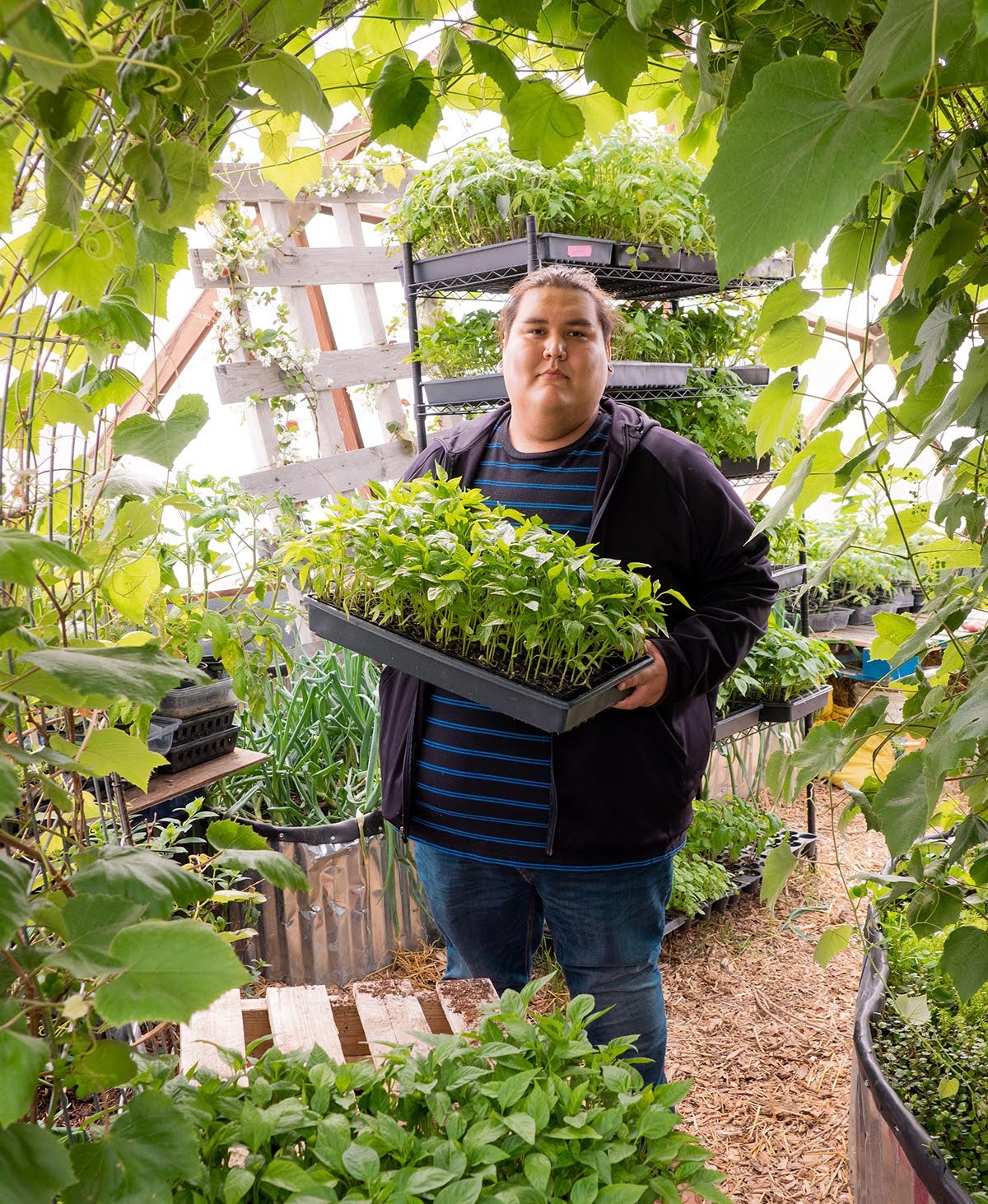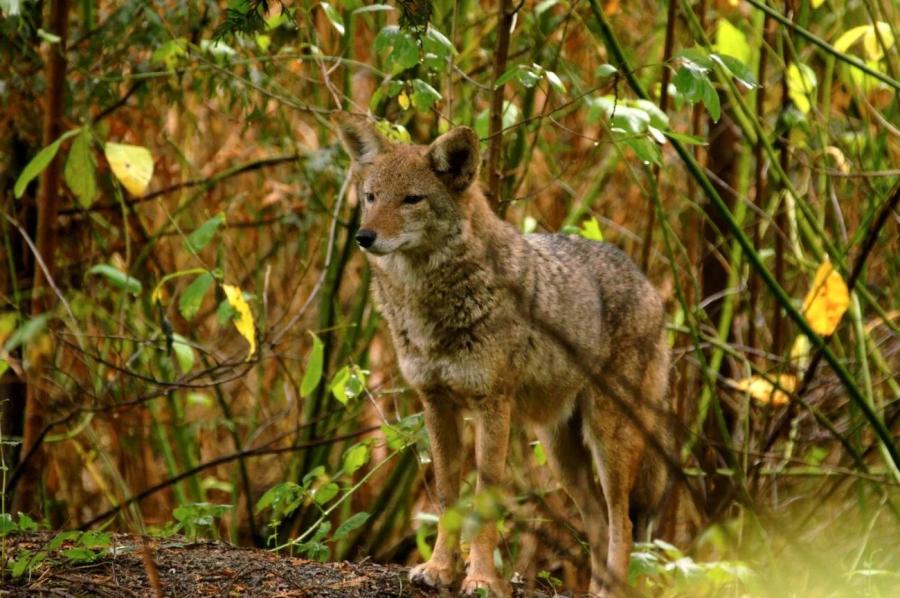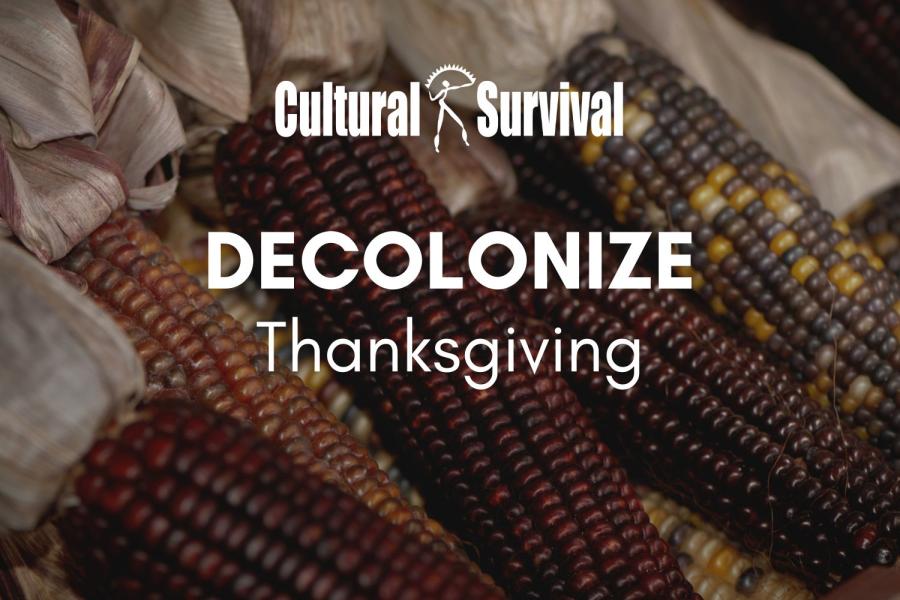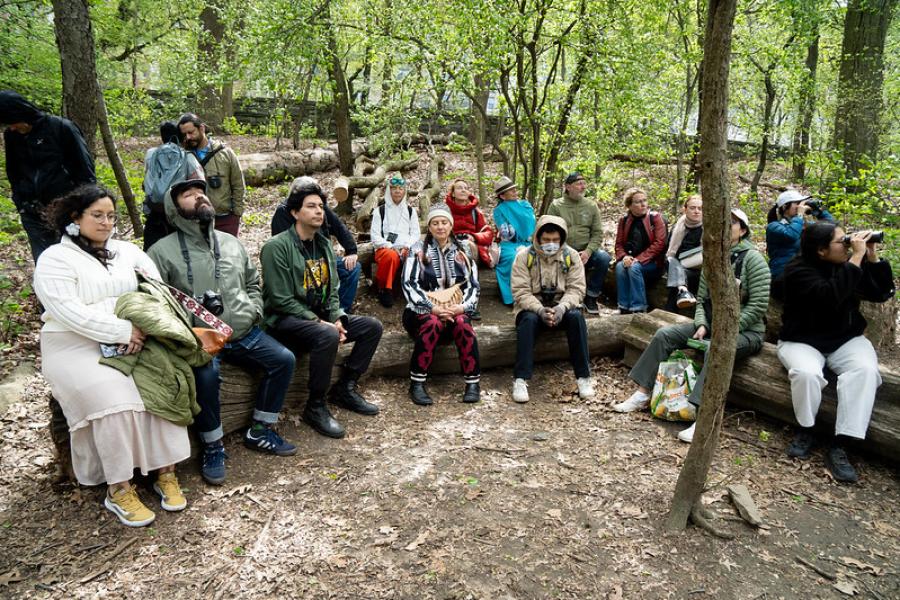Reposted from Peasant and Indigenous Press Forum
TODD COUNTY, SOUTH DAKOTA — The Sicangu Lakota Oyate, a.k.a. The Rosebud Sioux Tribe (RST), are striding towards the resurgence of their food sovereignty by re-allocating resources from intensive agricultural practices to traditional regenerative systems, with economic opportunities for tribal members to grow nutrient-dense foods locally. Today, even though the Sicangu land base contains over 50,000 acres of farmland and over 500,000 acres of rangeland, 57% of farms are subsidized to raise commodity crops and don’t contribute to feeding the local population; most acreage is leased to non-Indigenous farmers or ranchers utilizing intensive agricultural practices that damage the environment, harm biodiversity, contribute to species decline, global warming, and the inhumane treatment of animals. To counter this, Sicangu members have created a 7-generation strategic framework to develop sustainable local systems in areas such as food, water, education, land, technology, and healthcare. Implementation is currently in progress through three sister organizations: Rosebud Economic Development Corporation (REDCO); the Sicangu Community Development Corporation; and Tatanka Funds, an emerging native Community Development Financial Institutions Fund.

REDCO is also developing a 27,000 acre regenerative buffalo sanctuary (with support from the World Wildlife Fund) to reconnect the Sicangu Peoples’ spiritual identity with the buffalo while rejuvenating the health of the Prairie ecosystems; just two years after its launch, the Wolakota Buffalo Range is home to the largest Native-managed buffalo herd in the world. For the Sicangu people, food insecurity coincides with the destruction of the buffalo economy. The colonial process intentionally destroyed traditional foodways to cultivate dependence, and the Sicangu people still face an estimated 83% unemployment rate, with many tribal members dependent on federal food aid programs such as SNAP/EBT, WIC or Commodity Supplemental Food Program for survival. The traditional Lakota organic diet was diverse and packed with nutrients, but today tribal members suffer from food apartheid and higher rates of diet-related diseases; the Rosebud reservation has only three grocery stores serving a population over 20,000. Given these challenges, the 7-generation framework aims to overhaul the current food system, while also reclaiming culture and language. REDCO currently operates a 400 acre organic farm and is in the process of transitioning 1,441 acres of center-pivot irrigated farmland to certified organic farmland, which will be completed later this year. Longer-term goals include converting over 10,000 acres of Sicangu Lakota farmland to organic production, and developing Rosebud-branded products (like grass-fed, hormone-free, humanely harvested meat) with community-led initiatives and local individual producers.
QUOTES
“What makes this project different from other ranching enterprises is that it's not strictly focused on the economic outcome. We want to help the Lakota reconnect with the buffalo and help restore that relationship. We want to make it real and tangible again.”
“For us, regenerative agriculture is something Native people have always been practicing. It includes culture, caring for the land, the water, the animals and plant life. It includes being in harmony with nature, and mimicking the natural processes as much as we can. We don’t use chemicals.”
— Matthew Wilson, Food Sovereignty Director of Sicangu Community Development Corporation
“[The buffalo range] will help promote higher species diversity in the plant community, and hopefully bring back some more of the native plants in several of the pastures that have been overgrazed and dominated by less desirable invasive species. We hope to move away from that sort of plant community, and back to a diverse, native plant community that will impact the whole ecosystem, as far as insects and other wildlife too.”
— Jimmy Doyle, Range Manager, Wolakota Buffalo Range
MEDIA CONTACT
Aaron Epps, Sicangu Community Development Corporation



